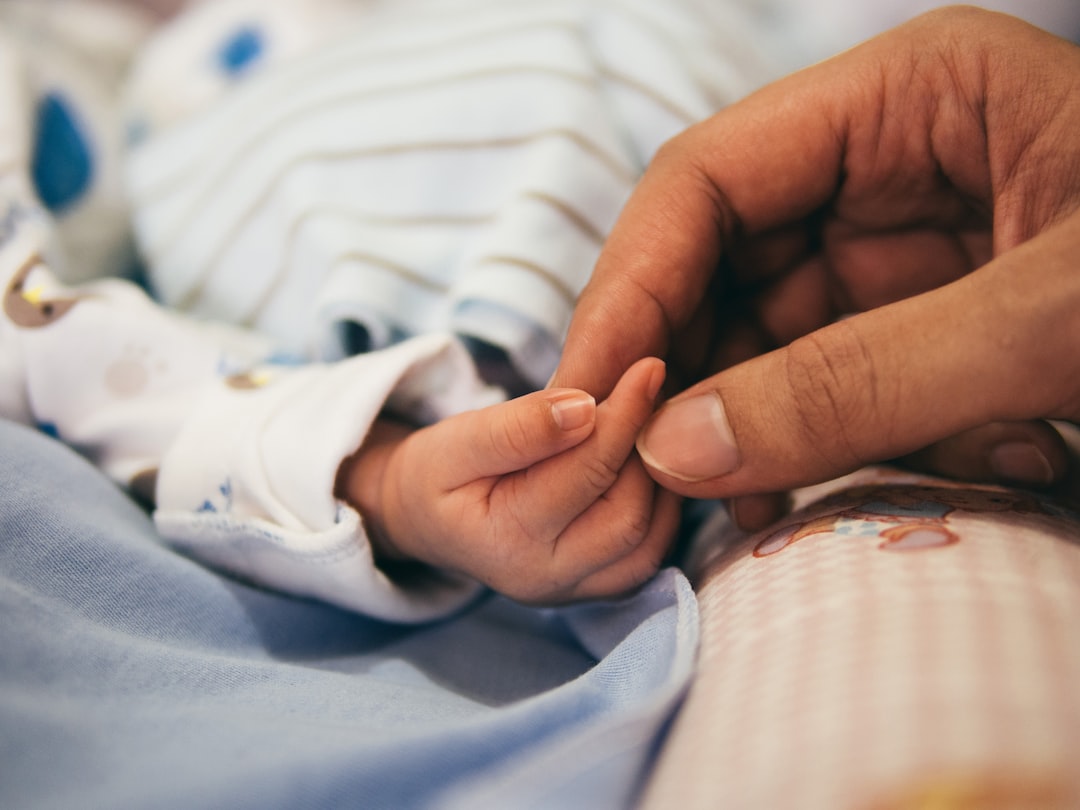What is it about?
We interview more than 20000 individuals in 8 OECD countries during COVID-19. We find that women are more likely to perceive the pandemic as a very serious health problem, to agree with restraining measures and to comply with public health rules, such as using facemasks. This gender differences are less strong for married individuals and for individuals who have been directly exposed to COVID, for instance by knowing someone who was infected.
Featured Image

Photo by engin akyurt on Unsplash
Why is it important?
Together with other causes, the behavioral factor we found can contribute to explain the substantial gender differences in COVID mortality. Women have a safer behaviour: this may contribute to explain the lower vulnerability and mortaility of women with respetc to men. Also, a consequence is that we need gender-based public health policies and communication, a different public communication to convince men to comply more with the rules.
Perspectives
Women have a safer behaviour than men. This can contribute to explain why they are less affected by the virus. We still need to understand why!
Paola Profeta
Universita Bocconi
Read the Original
This page is a summary of: Gender differences in COVID-19 attitudes and behavior: Panel evidence from eight countries, Proceedings of the National Academy of Sciences, October 2020, Proceedings of the National Academy of Sciences,
DOI: 10.1073/pnas.2012520117.
You can read the full text:
Contributors
The following have contributed to this page










